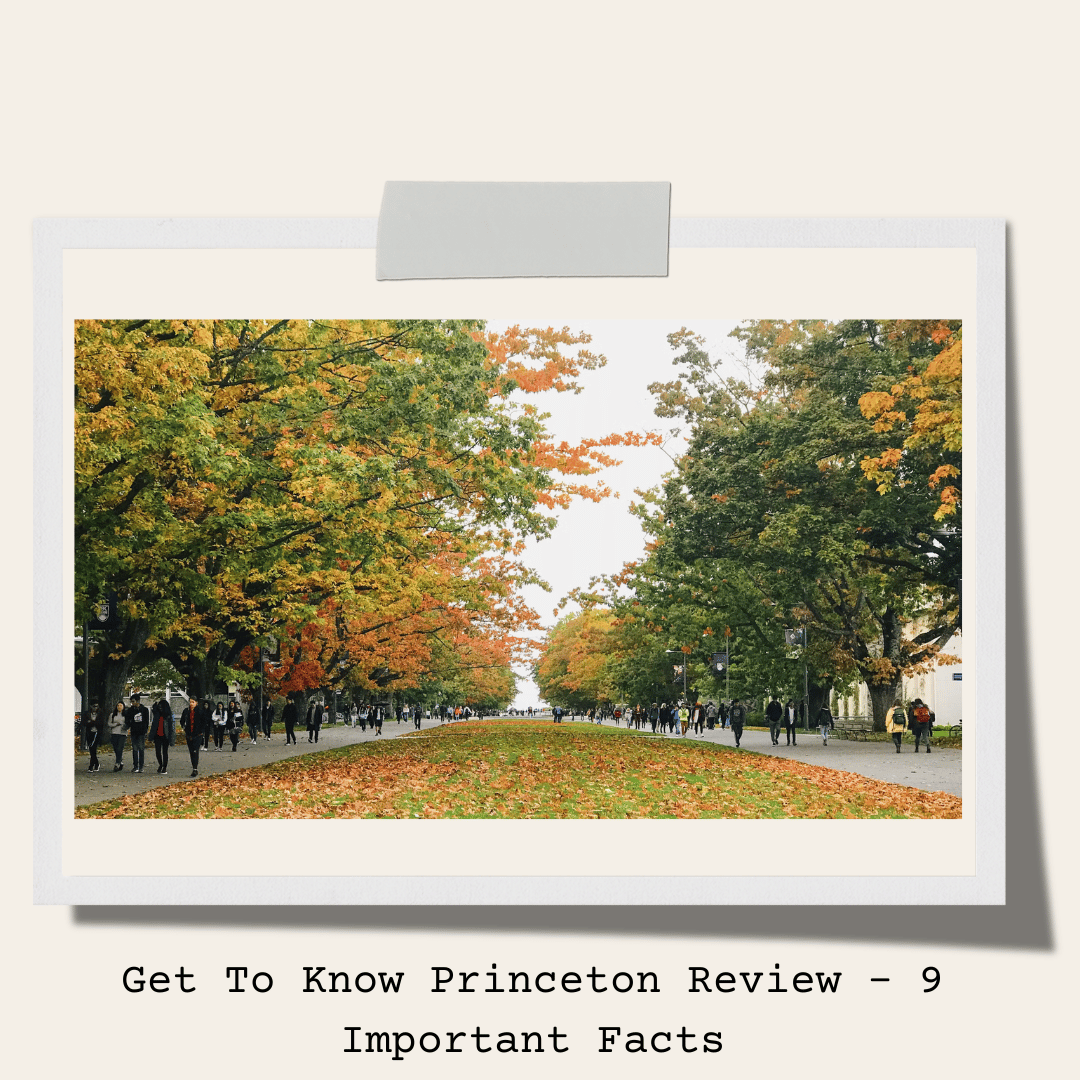The Princeton Review is an educational service that offers study guides, practice tests, and tutoring for students seeking higher education and professional certifications.
Table of Contents
What Does the Princeton Review Do?
The Princeton Review provides quality test prep materials, such as sample exams, study guides, and helpful tutorial videos. They also rank colleges to help students decide what school to attend.
When Did the Princeton Review Start?
John Katzman started the Princeton Review in 1981 after graduating from college. He tutored students for the SAT from his New York City apartment. He later brought in a professional tutor as a partner, then began creating study materials to reach more students than he could personally instruct.
Is the Princeton Review Trustworthy?
The Princeton Review’s test preparation materials are trustworthy because they use test data to create study guides. You can also access sample exams to learn what to expect when you take the test. However, their college rankings use subjective data, so you might not place as much stock in those results.
How Does the Princeton Review Rank Colleges?
The Princeton Review ranks colleges by polling students of each campus. As a result, they’re using subjective data instead of statistics. It’s a good idea to read these rankings before selecting a school because you get information from the students, which can help you decide if a school is right for you. But it’s essential to check graduation statistics, too.
Is the Princeton Review Free?
No, you pay for most educational resources from the Princeton Review, but you can use a discount code to save money on study materials. The site offers some free trials, such as SAT Prep, so you can get an idea of how the materials can help you.
What Tests Does the Princeton Review Cover?
The Princeton Review offers study guides, sample exams, and online or in-person tutors for most major college entrance exams and professional tests. Some of the tests include:
- American College Test (ACT)
- Advanced Placement Exams (AP Exams)
- Chartered Financial Analyst (CFA® Level I and II)
- Dental Admission Test (DAT)
- General Educational Development (GED)
- Graduate Management Admission Test (GMAT)
- Graduate Record Examination (GRE)
- Law School Admissions Test (LSAT)
- Medical College Admission Test (MCAT)
- National Council Licensure Examination (NCLEX-RN)
- Optometry Admission Test (OAT)
- Scholastic Aptitude Test (SAT)
- Test of English as a Foreign Language (TOEFL)
- United States Medical Licensing Examination
Which SAT Prep Is Best?
The Princeton Review is the best overall because it offers everything a student could need to prepare for an exam. You can work on your schedule, access online and print materials, and even attend live classes to boost your score. However, other prep options are more affordable if you’re on a budget.
Does Using the Princeton Review Materials Increase Your Test Score?
There’s no guarantee that the Princeton Review’s materials will improve your test score, but studying always helps. Since the materials come from past exams, you know you’re learning what you need to know for the test.
Is the Princeton Review Better Than Kaplan?
Many students prefer the Princeton Review to Kaplan because there are more practice questions and video lessons. The Princeton Review offers a self-paced study guide or live classes, so everyone can find a method that works for them.
Is the Princeton Review Affiliated With Princeton University?
No, the Princeton Review is a private company with headquarters in New York City. Princeton University is a private university in Princeton, New Jersey, the fourth-oldest higher education institute in the United States. However, the founder of the Princeton Review, John Katzman, graduated from Princeton University in the early 1980s.
Conclusion
There’s no reason to face an educational or professional exam without preparation. The Princeton Review offers study guides and tutoring for important exams, so you’ll be ready to boost your score.
Related Articles

Tom Galido is a cofounder of Upright Data. His goal is to make sure that our customers are armed with the best insights to get the most out of their shopping experience. Tom holds a BA from Loyola Marymount University and an MBA from Georgetown’s McDonough School of Business. In his free time he is a science fiction / fantasy author.

